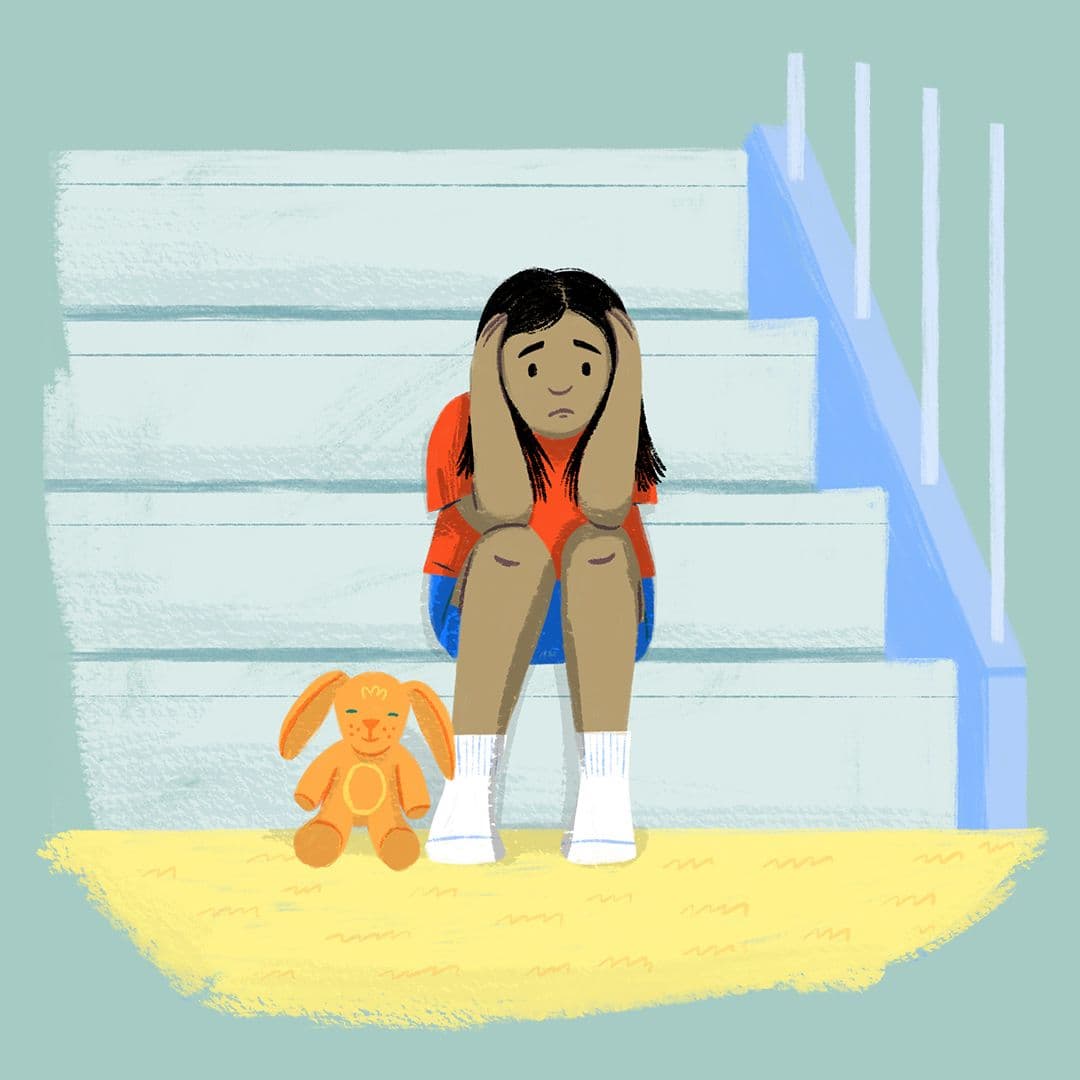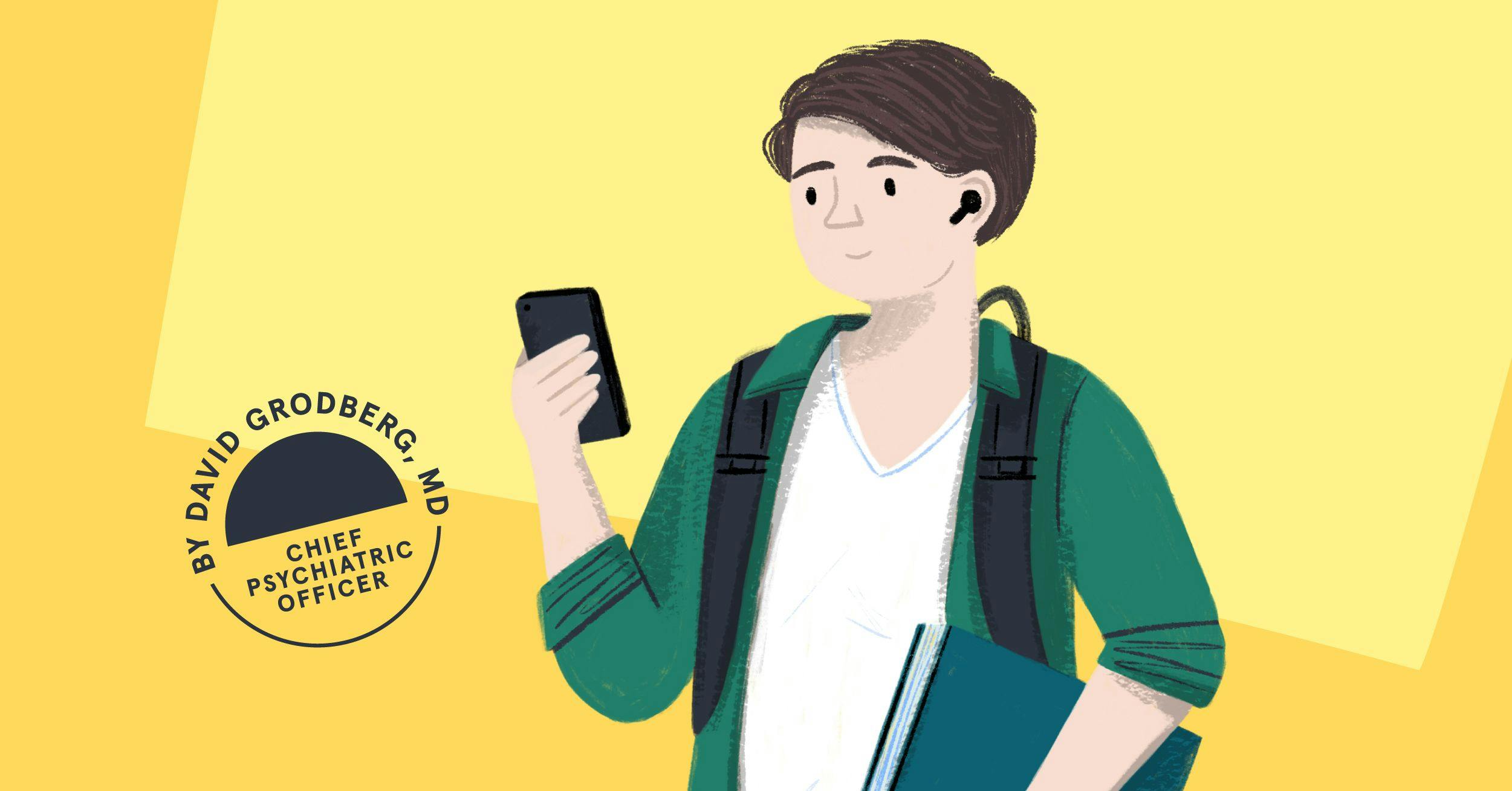
Our kids’ behavioral health is in crisis. Here’s what went wrong — Part 1

By Dr. David Grodberg, Oct 27, 2021
Many recent headlines have focused on the negative impact of social media on teens. What’s been less talked about is how impacts on teens also affect their parents and caregivers — and by extension, their workplaces. Parents who are worried about the negative effects of social media on their kids — or who are facing mental health concerns of their own — are less likely to be productive or engaged in their jobs.
Last month, a Wall Street Journal investigation revealed how uniquely toxic Instagram is for young girls. Researchers at Facebook, which owns Instagram, reported internally that 32% of surveyed girls said Instagram made them feel bad about their bodies. A presentation slide put it bluntly: “We make body image issues worse for one in three teen girls.”
It’s not just girls who are at risk. The same internal Facebook study found 14% of boys said Instagram made them feel worse about themselves, and as many as 40% experienced negative social comparison.
Is it any surprise that anxiety and depression are on the rise among teenagers? Whether the source is FOMO, poor social integration, online bullying, or negative social comparison, social media provides a platform for it. And teenagers themselves seem to be aware that social media is partly responsible.
Brightline’s own research bears this out. In a recent survey of parents and caregivers, we found as many as one in five (21%) have quit their jobs in the past year or are planning to in order to care for their children’s behavioral health needs. And then there’s the growing body of research that implicates social media for a variety of adult mental health concerns, including anxiety, depression, inattention, low self-esteem, and hyperactivity.
How can we mitigate the harmful effects of social media? One way is by empowering families with reliable, actionable information — information that is well-researched and sound, versus information that happens to appear as the top result on a Google search. This is why, at Brightline, we provide all our members with self-guided content from expert sources — validated information that truly helps parents identify and manage their kids’ behavioral health issues. For example, in regards to social media, Brightline offers guides for parents on setting limits with children, protecting children from cyberbullying, and keeping social media from affecting children’s self-esteem. For more unique concerns that come up in families, we offer on-demand chat services with behavioral health experts, which can help families take a further step toward striking a healthier social media balance.
Kids who are already having trouble managing their social media use may require one-on-one support. Behavioral health coaches can help them set boundaries and promote lifestyle changes — such as more offline activities or rules to limit phone use — to stave off the worst effects of social media overuse. For kids and teens who are already showing signs of depression or anxiety related to social media habits, therapy or other clinical interventions may be beneficial.
Social media isn’t all bad. People, and especially kids and teens, want to feel connected, and social media offers connection on an industrial scale. Throughout the Covid-19 pandemic, social media has been instrumental in helping people stay in touch with loved ones. There are even some positive correlations between feelings of belonging and moderate social media use. One study of nine- and ten-year-olds found a link between healthy social media use and more physical activity, less family conflict, and fewer sleep problems.
As with most things, though, the challenge is in finding the right balance. That’s no easy task for kids and teens, whose brains are still developing the emotional tools that adults take for granted.
That’s why at Brightline, we help families find balance and attain healthy relationships with social media. Different families need different tools, so Brightline offers everything from self-guided content about healthy social media habits to coaching, therapy, and other clinical support for kids and teens. Providing the right intervention at the right time is essential to protect kids’ self-esteem, set boundaries, and promote a sense of belonging — and to support working parents and caregivers.
Let’s push for long-term changes to transform social media itself, making it a tool that benefits, not harms, our children. And in the meantime, let’s ensure families get the help they need to manage the role social media plays in their lives.
David Grodberg is Brightline’s chief psychiatric officer.